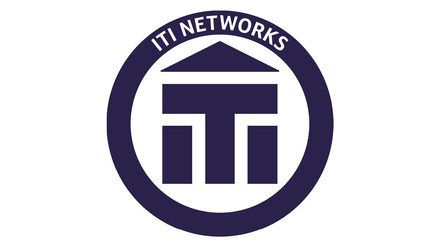Who are we?
ITI is the only UK-based membership association providing a professional home for practising translators, interpreters and all those involved in supplying language services.
We offer support and guidance to our members and promote the highest standards in the profession through our code of conduct and by representing our industry at the very top level.
ITI provides a range of products and services to our UK-based and overseas members, and to those requiring the professional services of our members.
How can we help?
Search the Knowledge Hub
Explore our wealth of resources that provide background on the translation and interpreting industry, support you in your career development and keep you up-to-date about the sector.










